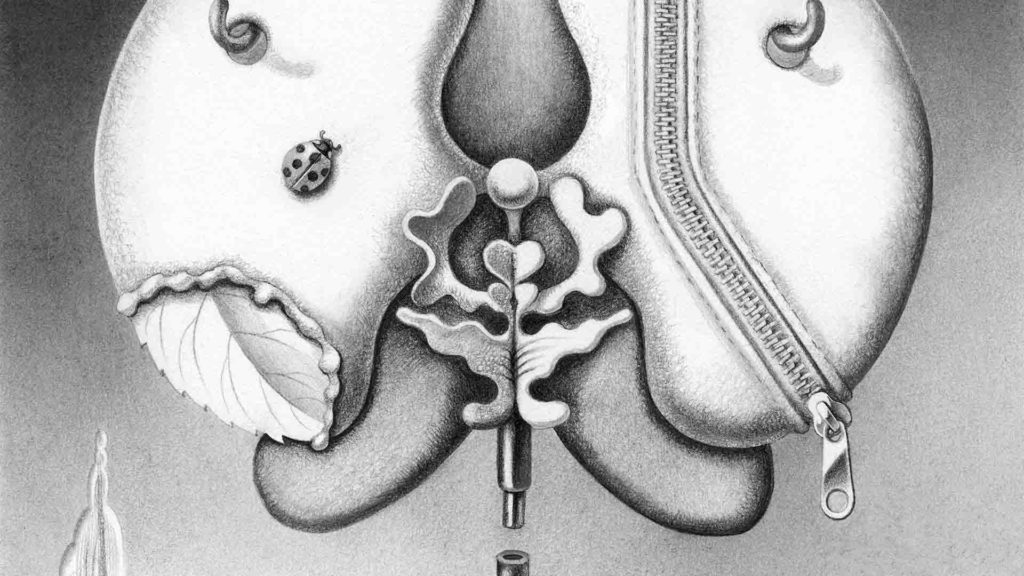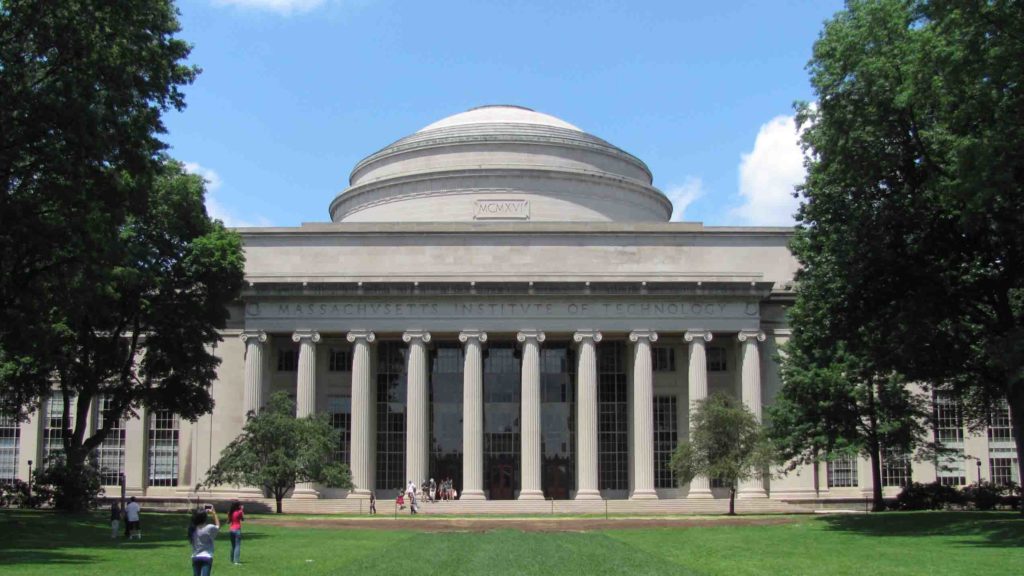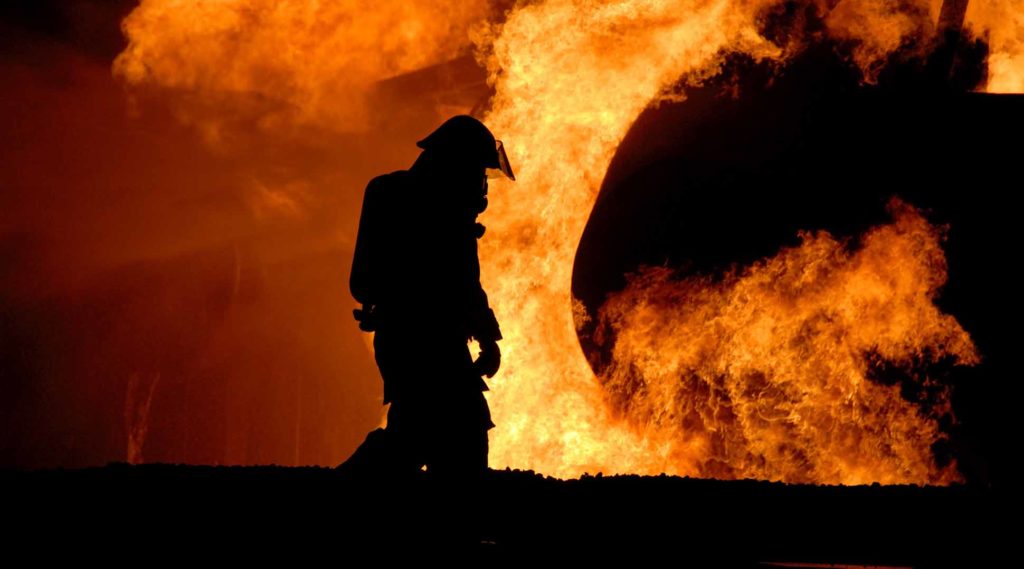In an interview with KSJ, Gross reflects on her journey to explore all bodies through the lens of what we’ve historically thought of as a female body.
Alumni Notes: A Bumper Crop of Books, Grants, and Awards
A recurring roundup of news about former KSJ Fellows, featuring Federico Kukso’s compendium of what the fellows have been writing.
To Write About Megafires, KSJ Alum Maura R. O’Connor Joined the Front Lines
In a Q&A, O’Connor reflects on training to become a wildland firefighter — and reporting on the deeply personal stories of people who do the job for a living.
Alumni Notes: Award News, Book Launches, and Remembering a ‘Bright Light’ in Journalism
A recurring roundup of news about former KSJ Fellows, featuring Federico Kukso’s compendium of what the fellows have been writing.
Alumni Notes: The West in Photos, a Children’s Lit Award, and Books Galore
A recurring roundup of news about former KSJ Fellows, featuring Federico Kukso’s compendium of what the fellows have been writing.
Alumni Notes: Celebrating Award Nods and Remembering a Beloved Brazilian Journalist
A recurring roundup of news about former KSJ Fellows, featuring Federico Kukso’s compendium of what the fellows have been writing.


 "
" "
" "
"